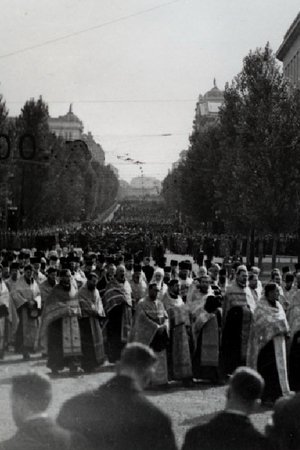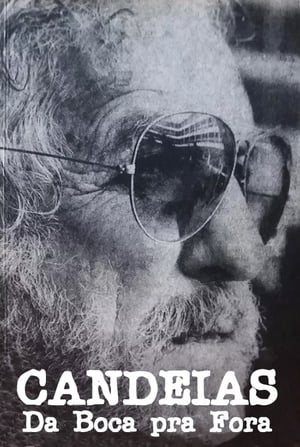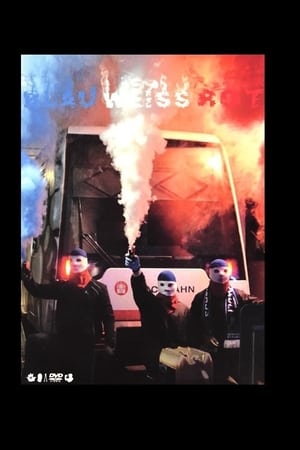Rozloučení s Klementem Gottwaldem
Top 1 Billed Cast
Commentary (voice)

Rozloučení s Klementem Gottwaldem
HomePage
Overview
Release Date
1954-02-05
Average
0
Rating:
0.0 startsTagline
Genres
Languages:
ČeskýKeywords
Similar Movies
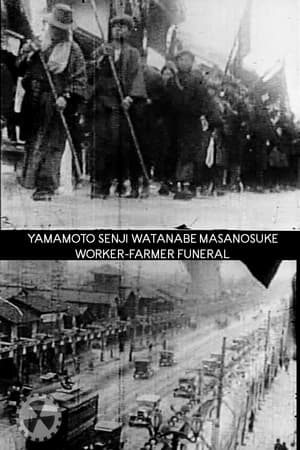 0.0
0.0Yamamoto Senji Watanabe Masanosuke Worker-Farmer Funeral(ja)
After his Tokyo farewell ceremony, Yamamoto's ashes were sent to Kyoto on March 9. Many friends and citizens gathered at his home in Uji. On the 15th a worker-farmer funeral was held at the Sanjo YMCA. Prokino's Kyoto Branch shot these five days of activities. The long line of cars is filled with taxis, whose drivers deeply admired Yamamoto. The Watanabe in the title refers to the head of the Communist Party of Japan. Watanabe was returning to Japan from Taiwan when he was stopped by authorities. He committed suicide in their custody. Yamamoto and Watanabe were mourned together.
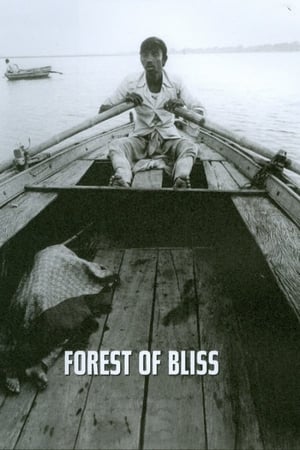 6.5
6.5Forest of Bliss(xx)
Forest of Bliss is an unsparing yet redemptive account of the inevitable griefs, religious passions and frequent happinesses that punctuate daily life in Benares, India's most holy city. The film unfolds from one sunrise to the next without commentary, subtitles or dialogue. It is an attempt to give the viewer a wholly authentic, though greatly magnified and concentrated, sense of participation in the experiences examined by the film.
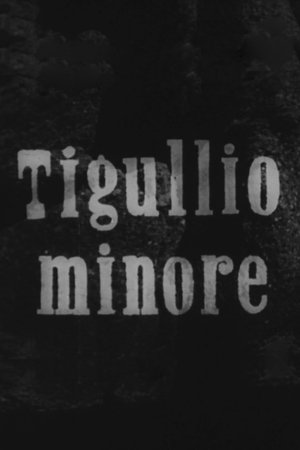 5.0
5.0Tigullio minore(it)
In the Tigullio region near Gênes this shortdocumentary shows the funeral of a local fisherman.
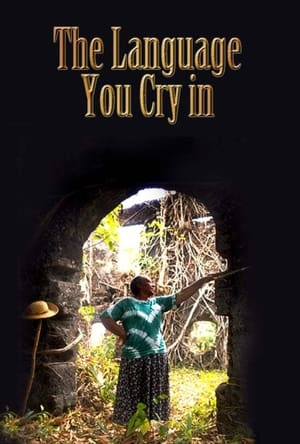 6.0
6.0The Language You Cry In(en)
THE LANGUAGE YOU CRY IN tells an amazing scholarly detective story that searches for -and finds- meaningful links between African Americans and their ancestral past. It bridges hundreds of years and thousands of miles from the Gullah people of present-day Georgia back to 18th century Sierra Leone.
 4.0
4.0Four Nights and a Fire(en)
A young Ojibwe photographer stubbornly takes on the responsibility of keeping a sacred fire alive for four consecutive days and nights in mourning of his father. His father's spirit tries to reach him from the other side.
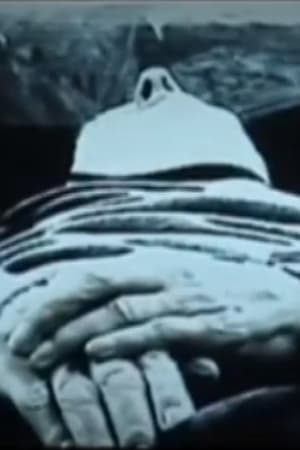 0.0
0.0Cadavericon(en)
Shows the preparation of a deceased man before his funeral.
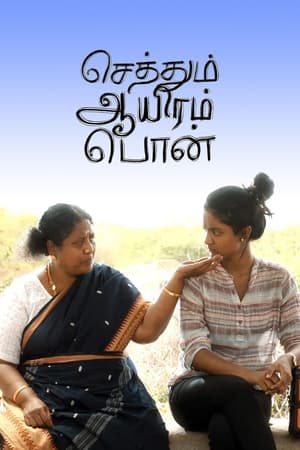 6.3
6.3Sethum Aayiram Pon(ta)
Meeting after many years, a makeup artist and her grandmother revisit tensions from an old family feud that still hangs heavy between them.
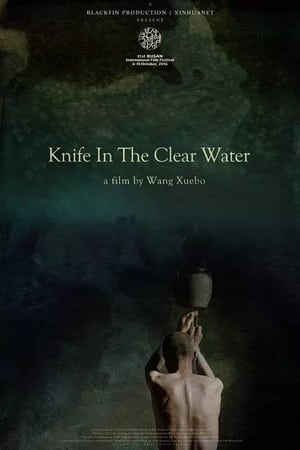 6.7
6.7Knife in the Clear Water(zh)
A man is struggling to keep his beloved bull from being used as sacrifice for his dead wife's funeral rites.
 7.4
7.4Style Wars(en)
Tony Silver and Henry Chalfant's PBS documentary tracks the rise and fall of subway graffiti in New York in the late 1970s and early 1980s.
 6.2
6.2Wal-Mart: The High Cost of Low Price(en)
This documentary takes the viewer on a deeply personal journey into the everyday lives of families struggling to fight Goliath. From a family business owner in the Midwest to a preacher in California, from workers in Florida to a poet in Mexico, dozens of film crews on three continents bring the intensely personal stories of an assault on families and American values.
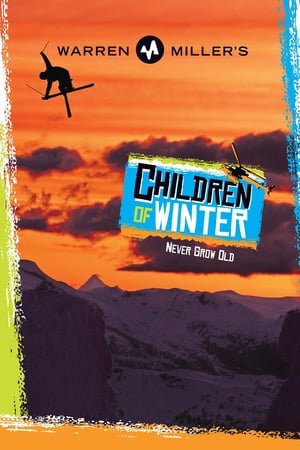 4.8
4.8Children of Winter(en)
Warren Miller's Children of Winter showcases incredible cinematography that will get you craving deep powder, fresh lines, and outrageous adventure! It will take you on a daring escape to electrifying global destinations, including Japan, Austria, Iceland, and more! Don't forget to breathe as snowboarding's Olympic Gold Medalist Seth Westcott charges down the Alaskan backcountry, as surf legend Gerry Lopez shreds the Oregon steeps, and as Chris Anthony takes on Leadville Colorado's legendary Skijoring competition.
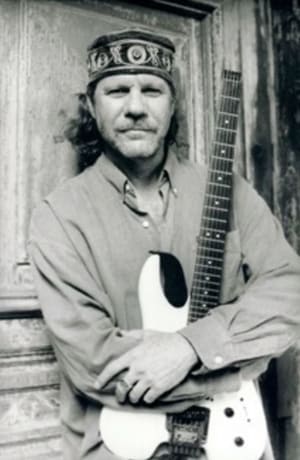 0.0
0.0So Near... So Far(en)
The young American Pablo Menéndez came to Cuba to study Music at the National School of Art. Here he formed a family and became one more Cuban. Member of the Sound Experimentation Group of ICAIC and promoter of the teaching of the electric guitar in Cuba, he is, together with his group Mezcla, one of our most original musicians.
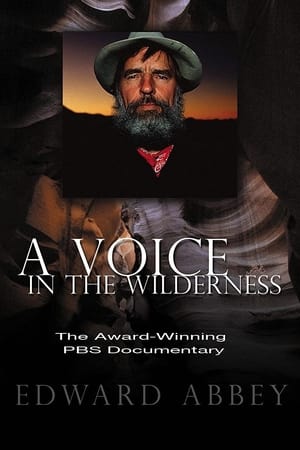 0.0
0.0Edward Abbey: A Voice in the Wilderness(en)
When Edward Abbey died in 1989 at the age of sixty-two, the American West lost one of its most eloquent and passionate advocates. Through his novels, essays, letters and speeches, Edward Abbey consistently voiced the belief that the West was in danger of being developed to death, and that the only solution lay in the preservation of wilderness. Abbey authored twenty-one books in his lifetime, including Desert Solitaire, The Monkey Wrench Gang, The Brave Cowboy, and The Fool's Progress. His comic novel The Monkey Wrench Gang helped inspire a whole generation of environmental activism. A writer in the mold of Twain and Thoreau, Abbey was a larger-than-life figure as big as the West itself.
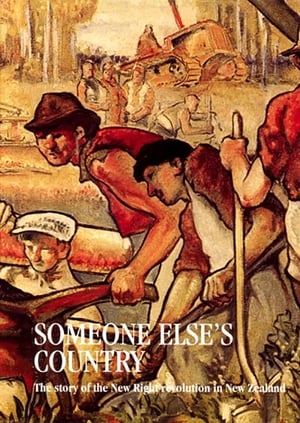 0.0
0.0Someone Else's Country(en)
Someone Else’s Country looks critically at the radical economic changes implemented by the 1984 Labour Government - where privatisation of state assets was part of a wider agenda that sought to remake New Zealand as a model free market state. The trickle-down ‘Rogernomics’ rhetoric warned of no gain without pain, and here the theory is counterpointed by the social effects (redundant workers, Post Office closures). Made by Alister Barry in 1996 when the effects were raw, the film draws extensively on archive footage and interviews with key “witnesses to history”.
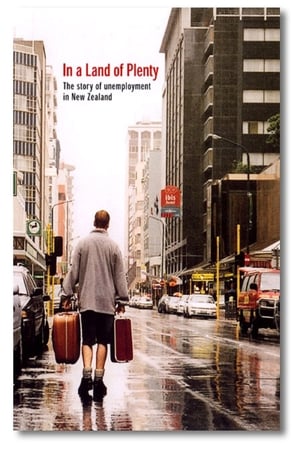 0.0
0.0In a Land of Plenty(en)
The story of unemployment in New Zealand and In A Land of Plenty is an exploration of just that; it takes as its starting point the consensus from The Depression onwards that Godzone economic policy should focus on achieving full employment, and explores how this was radically shifted by the 1984 Labour government. Director Alister Barry's perspective is clear, as he trains a humanist lens on ‘Rogernomics' to argue for the policy's negative effects on society, as a new poverty-stricken underclass developed.
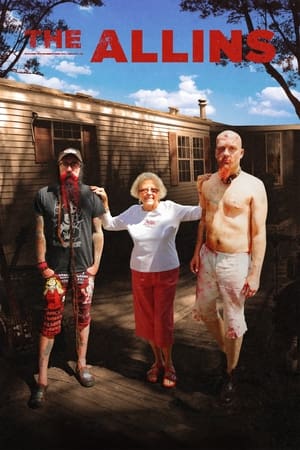 6.8
6.8The Allins(en)
In New Hampshire, a legend is buried. GG Allin, the most outrageous singer in rock'n roll history. He was known for defecating on stage, fighting and having sex with the audience. He died a mythological death from a heroin overdose in 1993, aged 37. Directed by the award-winning director Sami Saif, THE ALLINS is a loving and entertaining look at the family of the departed rock singer.
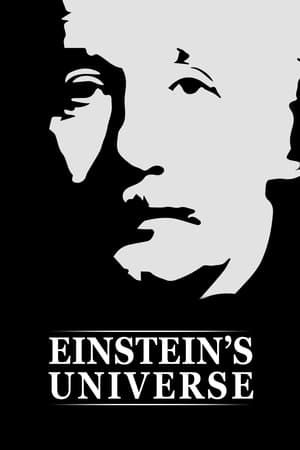 8.0
8.0Einstein's Universe(en)
A documentary produced in 1979 to celebrate the centenary of the birth of Albert Einstein. Narrated and hosted by Peter Ustinov and written by Nigel Calder.
